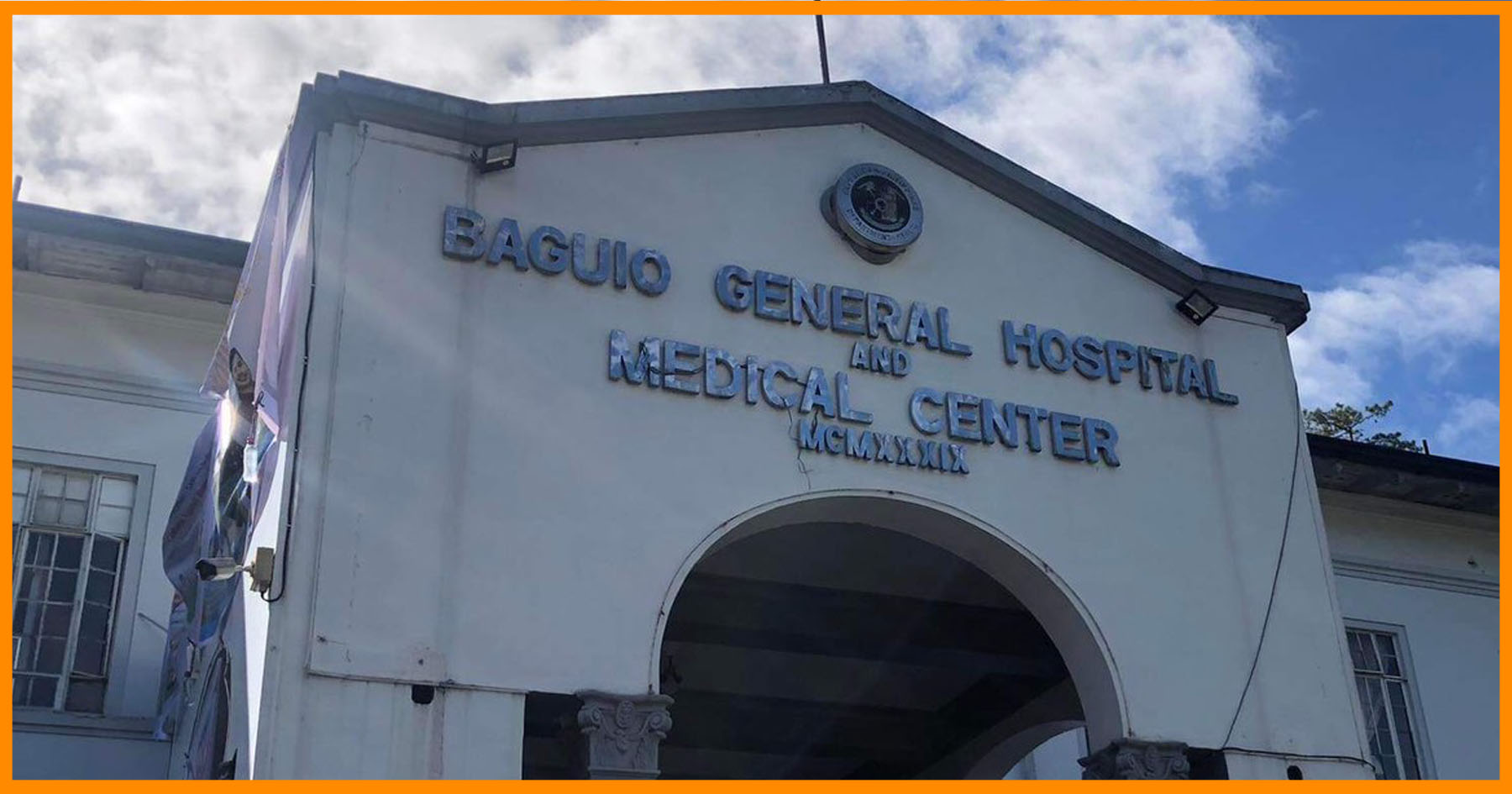BAGUIO CITY – Rabies Awareness in the Cordillera heightened as the Department of Agriculture – Cordillera Administrative Region (DA-CAR) and other women in health joined the Kapihan in Baguio, organized by the Department of Health (DOH) – CAR, on March 13, 2018 at the DOH-CAR’s Secretary’s Cottage.
A total of 24 positive rabies cases were recorded in 2017, as reported by Dr. Cecilia Capuyan, Veterinarian II of DA-CAR’s Regulatory Division. Highest number recorded was in Apayao with 10, followed by Abra with six, three each for Benguet and Kalinga, and one respectively for Ifugao and Baguio City. As of March this year, another eight rabies cases were noted.
Dogs are the main carriers of rabies virus followed by cats, according to Dr. Capuyan.
“Rabies is 100% fatal but also 100% preventable through vaccinations. That’s why it is vital as responsible pet owners that we should have our pets vaccinated annually”, she said.
Dr. Capuyan added that the government, through the different line agencies, is advocating for a rabies free Philippines by 2020. At present, there is no rabies free region in the country except for the smaller islands in the archipelago. So intense information campaigns are being done to increase awareness about rabies and mass vaccinations are held throughout the year.
In addition, Executive Order no. 84 was passed and declared March as Rabies Awareness Month. The theme this year is “Barangay Kaagapay, Alis Rabies Tagumpay.” Free rabies shots can be availed for the whole duration at DA-CAR and in the respective Provincial or City Veterinarian Offices in the region.
DOH on the other hand is in full support of the advocacy through their own info campaigns and medical aid. Geeny Austria, Nurse V of DOH-CAR, stated that agency certifies of Animal Bite Treatment Centers (ABTC) to make sure of standards compliance and quality of service. In addition, post-exposure rabies vaccines for people bitten are free of charge in health offices. She also reminded everyone to go to the nearest ABTC if bitten.
“The most basic thing to do is to wash the wound with soap and running water. It is not recommended to use unconventional methods such as rubbing of garlic, sucking the venom, and most especially subscribing to quack doctors. Visit the nearest ABTC and have the bite assessed by medical practitioners for further treatment,” stressed Austria.
On the animal side, Dr. Capuyan advised that any biting animal be leashed or confined for 14 days for observation and emphasized that it should not be killed. However, if it dies, a sample for rabies testing must be sent to the Regional Animal Diseases Diagnostic Laboratories (RADDL) at the Baguio Animal Breeding and Research Center (BABRC) Compound, Dontogan, Baguio City. Laboratory services are free until 2020. But in the case that the animal lives after the observation period, the animal must be vaccinated immediately.
By Ayra Galanza














